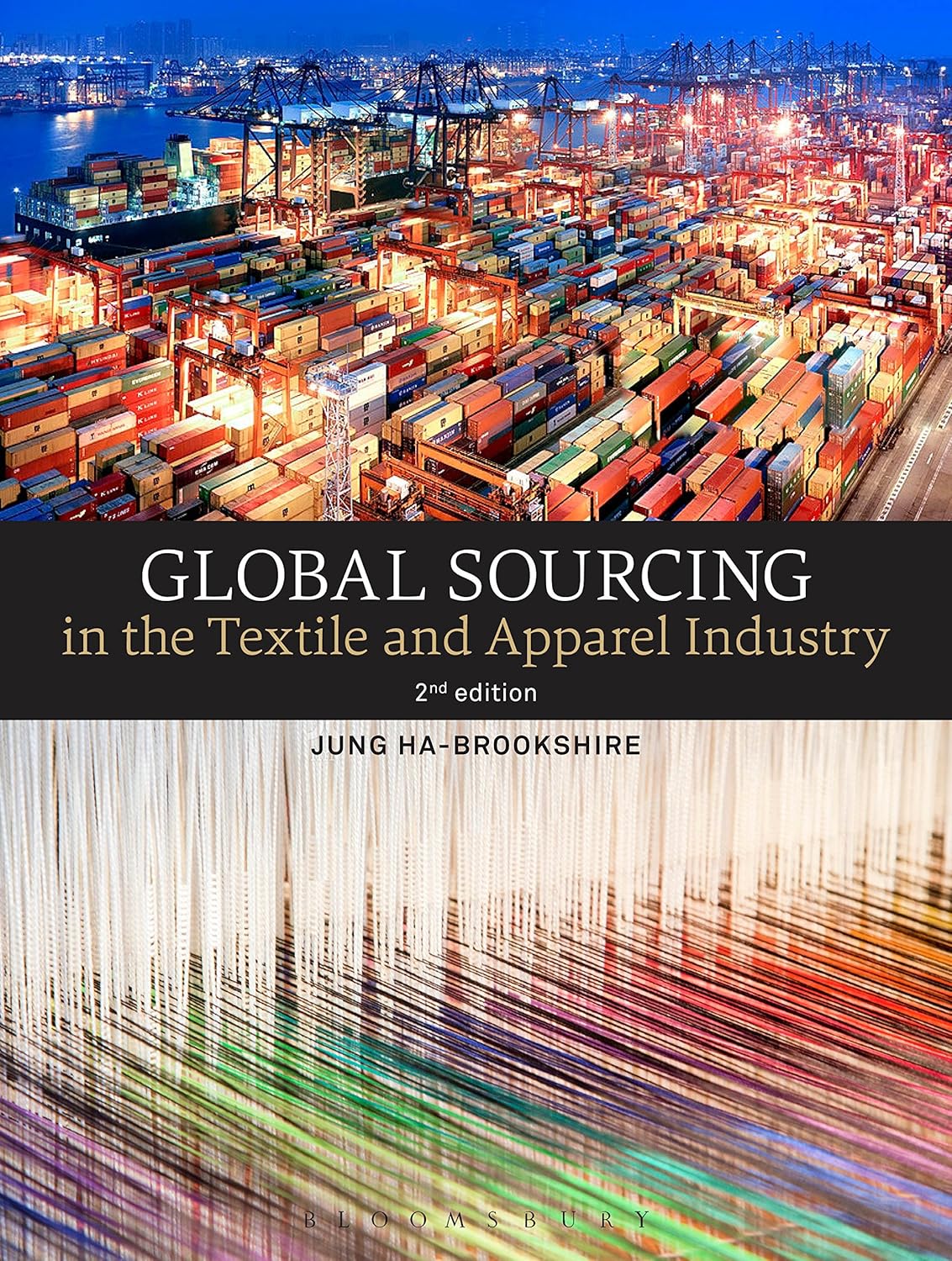Global sourcing has become a critical component of the fashion industry, enabling international brands to access cost-effective production while maintaining quality standards. With the rise of e-commerce and the demand for fast fashion, brands are increasingly turning to bulk garment manufacturers across the globe. This guide highlights some of the top manufacturers that cater to international brands, offering insights into their capabilities, locations, and unique selling points.
The Rise of Global Sourcing in Fashion
The global fashion industry is highly competitive, with brands constantly seeking ways to reduce costs and improve efficiency. Sourcing garments from overseas allows companies to benefit from lower labor costs, advanced manufacturing technologies, and economies of scale. Countries like China, Bangladesh, Vietnam, and India have emerged as key players in this space, offering a wide range of production capabilities. However, choosing the right manufacturer requires careful consideration of factors such as quality control, lead times, and ethical practices.
Key Players in the Global Garment Manufacturing Industry
Several manufacturers have established themselves as leaders in the bulk garment sector, serving major international brands. These companies often operate large-scale facilities and have experience working with high-volume orders. Some of the most notable names include:
- Wenzhou Xingyi Garment Co., Ltd. (China): Known for its expertise in producing high-quality t-shirts, sweatshirts, and casual wear, this manufacturer has built a reputation for reliability and consistency.
- Beximco Textiles Limited (Bangladesh): One of the largest textile producers in South Asia, Beximco offers a comprehensive range of fabrics and finished products, making it a go-to for many global retailers.
- Lucky Garments (Vietnam): Specializing in denim and casual wear, Lucky Garments has gained recognition for its efficient production processes and commitment to sustainability.
- Arvind Limited (India): A leading name in the Indian textile industry, Arvind provides a wide array of fabric types and garment options, catering to both domestic and international markets.
These manufacturers not only offer competitive pricing but also invest heavily in technology and quality assurance to meet international standards.
Factors to Consider When Selecting a Manufacturer
While cost is a significant factor, it should not be the sole determinant when choosing a bulk garment manufacturer. Other crucial considerations include:
- Quality Control: Ensuring that the manufacturer maintains strict quality checks is essential to avoid defects and returns.
- Production Capacity: Brands need to assess whether the manufacturer can handle their order volume without compromising timelines.
- Ethical Practices: With increasing consumer awareness, brands are expected to source from suppliers that adhere to fair labor practices and environmental regulations.
- Communication and Transparency: Clear communication channels and regular updates help in managing expectations and resolving issues promptly.
Benefits of Working with Bulk Garment Manufacturers
Collaborating with bulk garment manufacturers offers several advantages, including:
- Cost Efficiency: Large-scale production reduces per-unit costs, allowing brands to maintain profitability.
- Scalability: Manufacturers can easily adjust production volumes based on market demands.
- Access to Expertise: Many manufacturers have in-house design teams and technical experts who can assist in product development.
- Diverse Product Range: From basic t-shirts to complex outerwear, these manufacturers offer a wide variety of styles and materials.
Challenges and How to Overcome Them
Despite the benefits, global sourcing comes with its own set of challenges. Issues such as language barriers, cultural differences, and supply chain disruptions can complicate the process. To mitigate these risks, brands should:
- Conduct thorough due diligence before entering into any agreements.
- Establish clear contracts outlining expectations, delivery schedules, and quality benchmarks.
- Use third-party auditors to ensure compliance with ethical and safety standards.
- Diversify their supplier base to avoid over-reliance on a single manufacturer.
Conclusion
In an increasingly interconnected world, global sourcing has become an indispensable strategy for international brands looking to stay competitive. By partnering with reliable bulk garment manufacturers, brands can achieve cost savings, scalability, and access to a wide range of products. However, success in this space requires careful planning, strong relationships, and a commitment to quality and ethics. As the fashion industry continues to evolve, the role of these manufacturers will only grow more significant.
